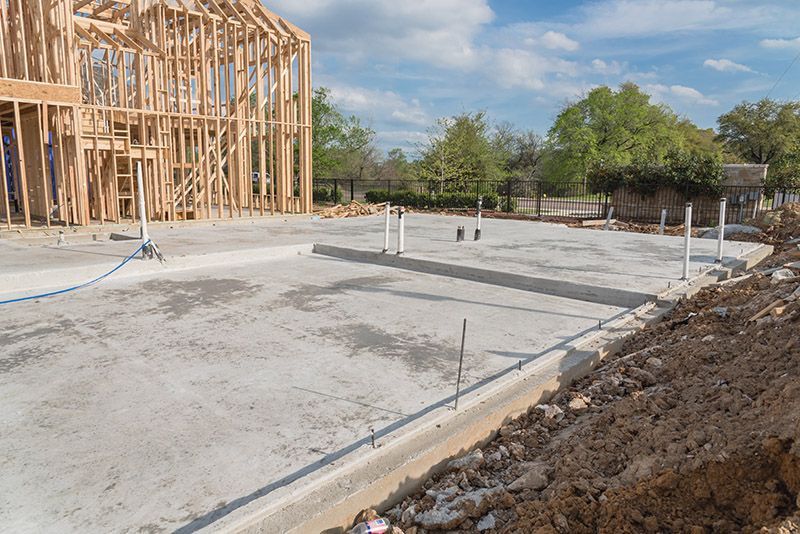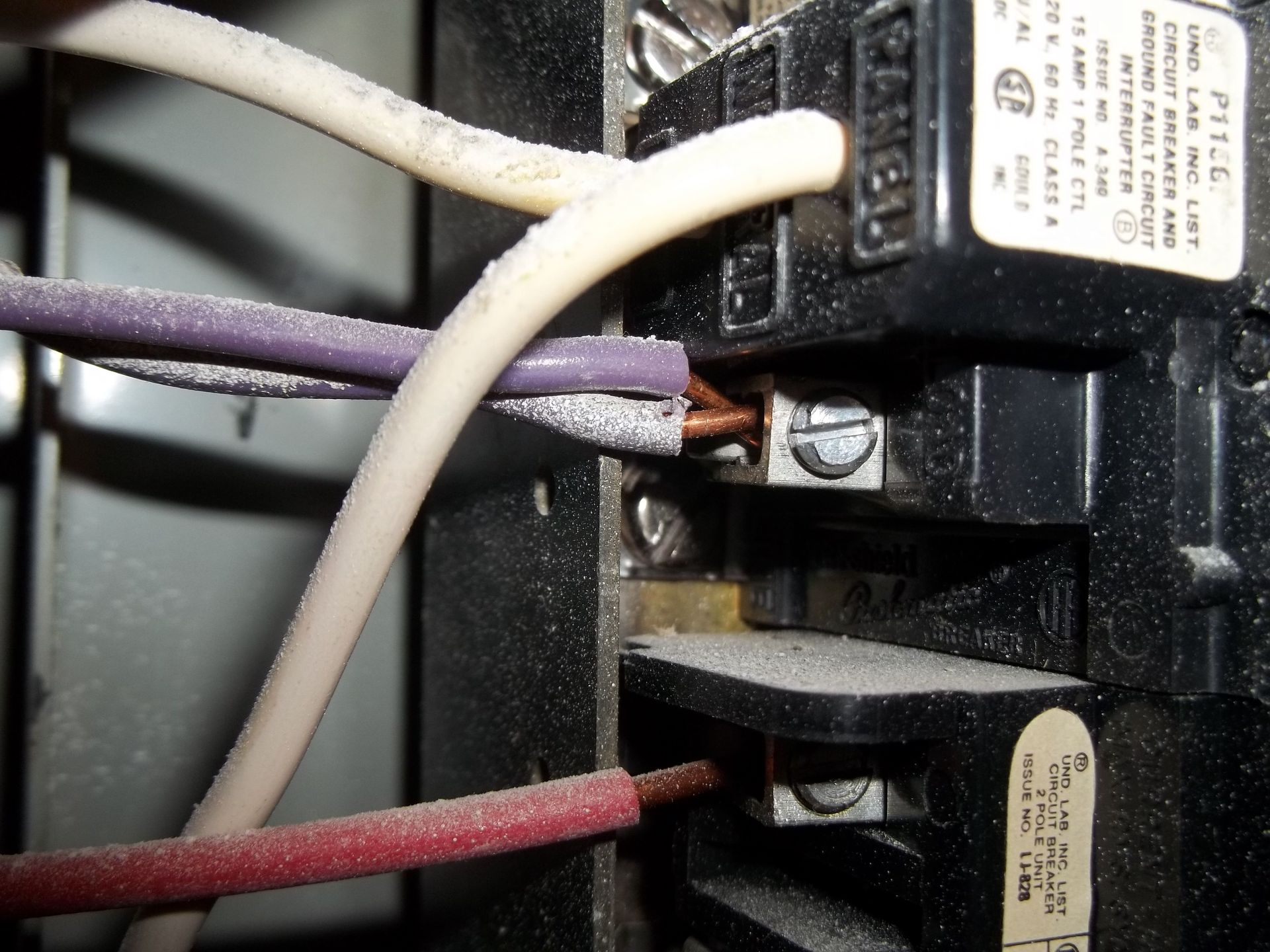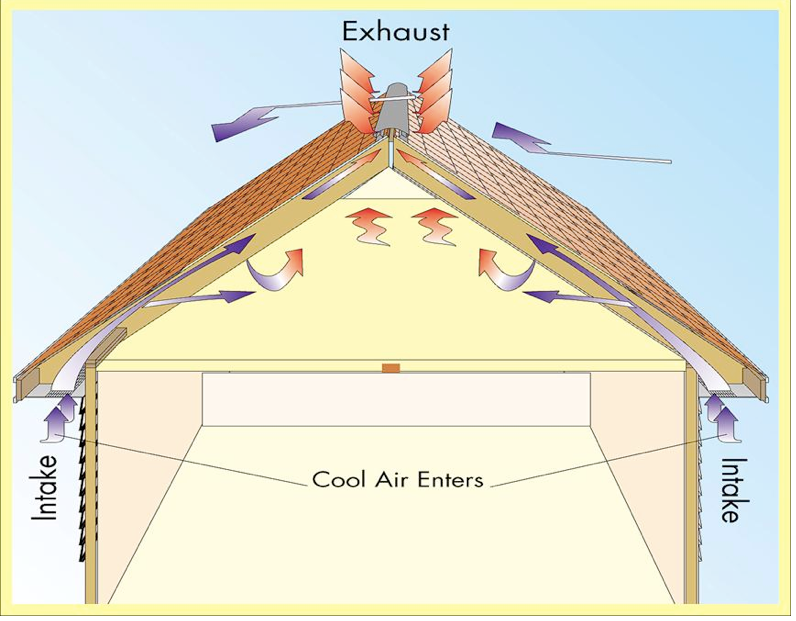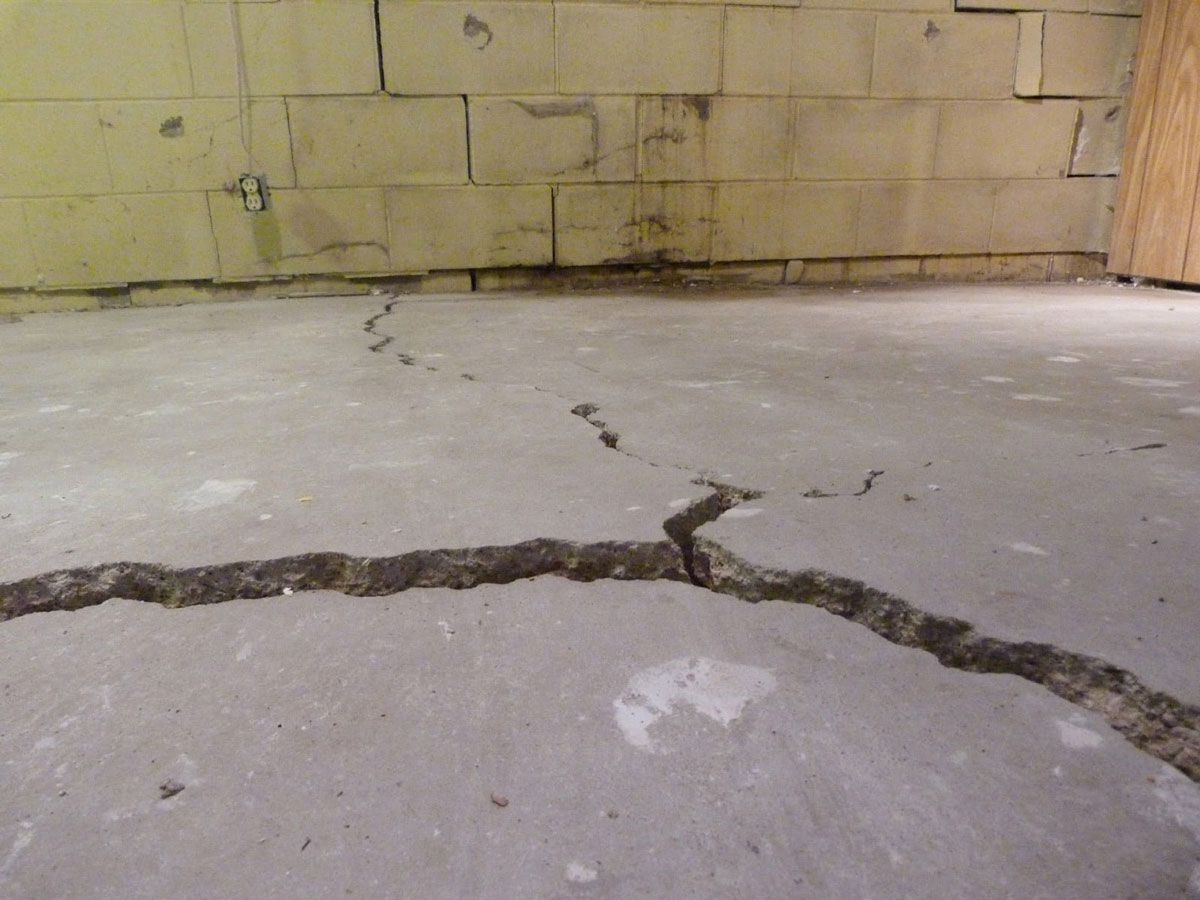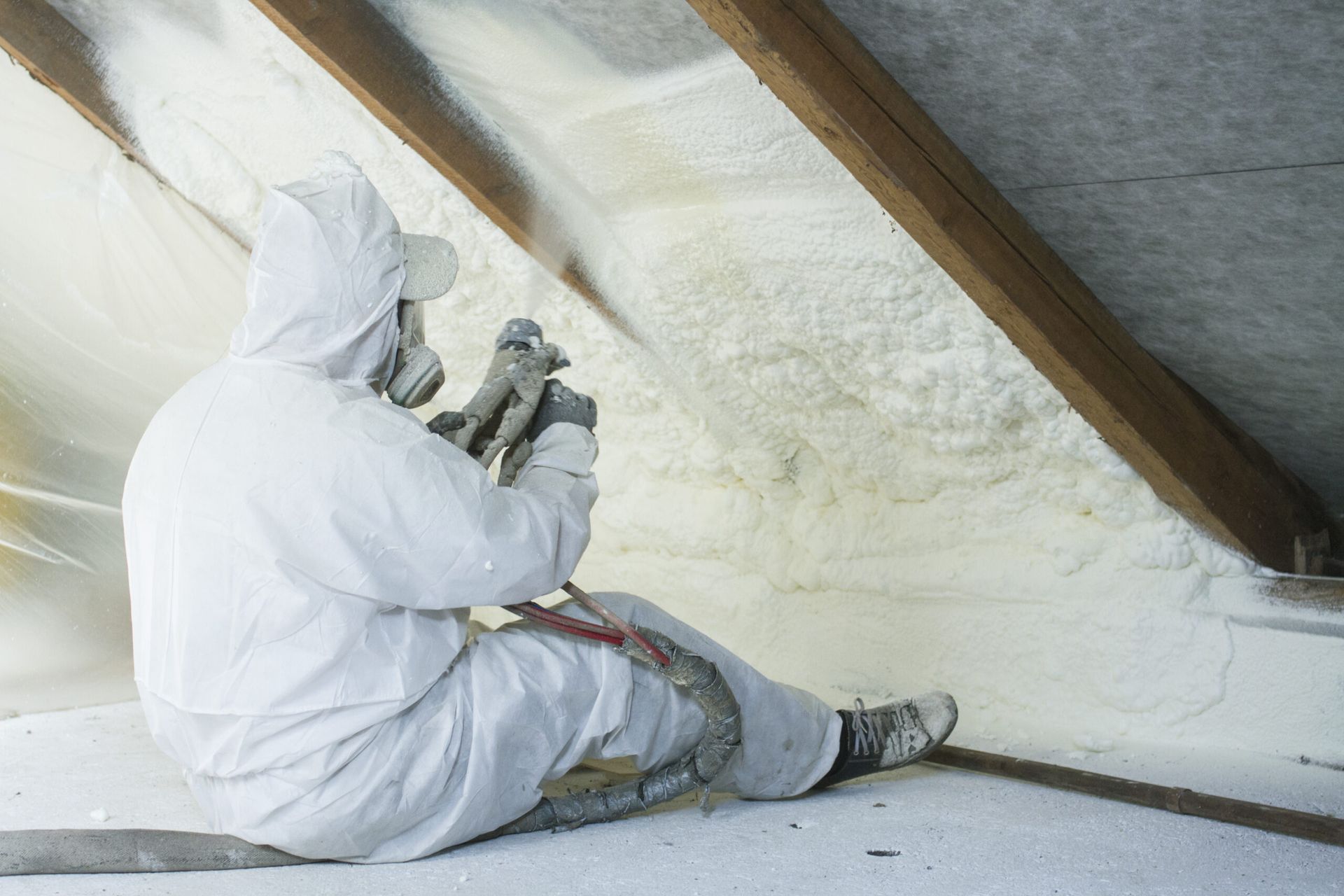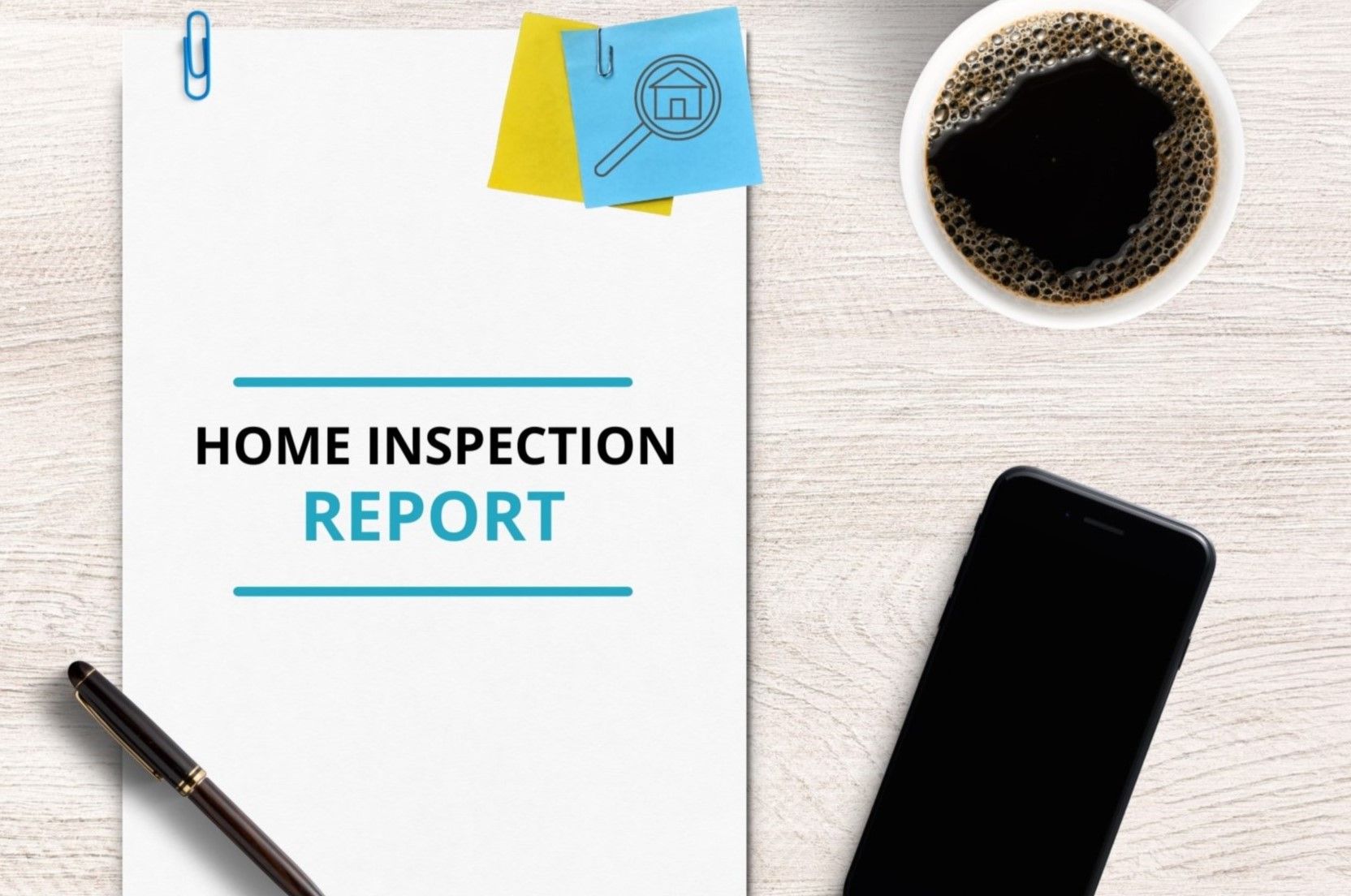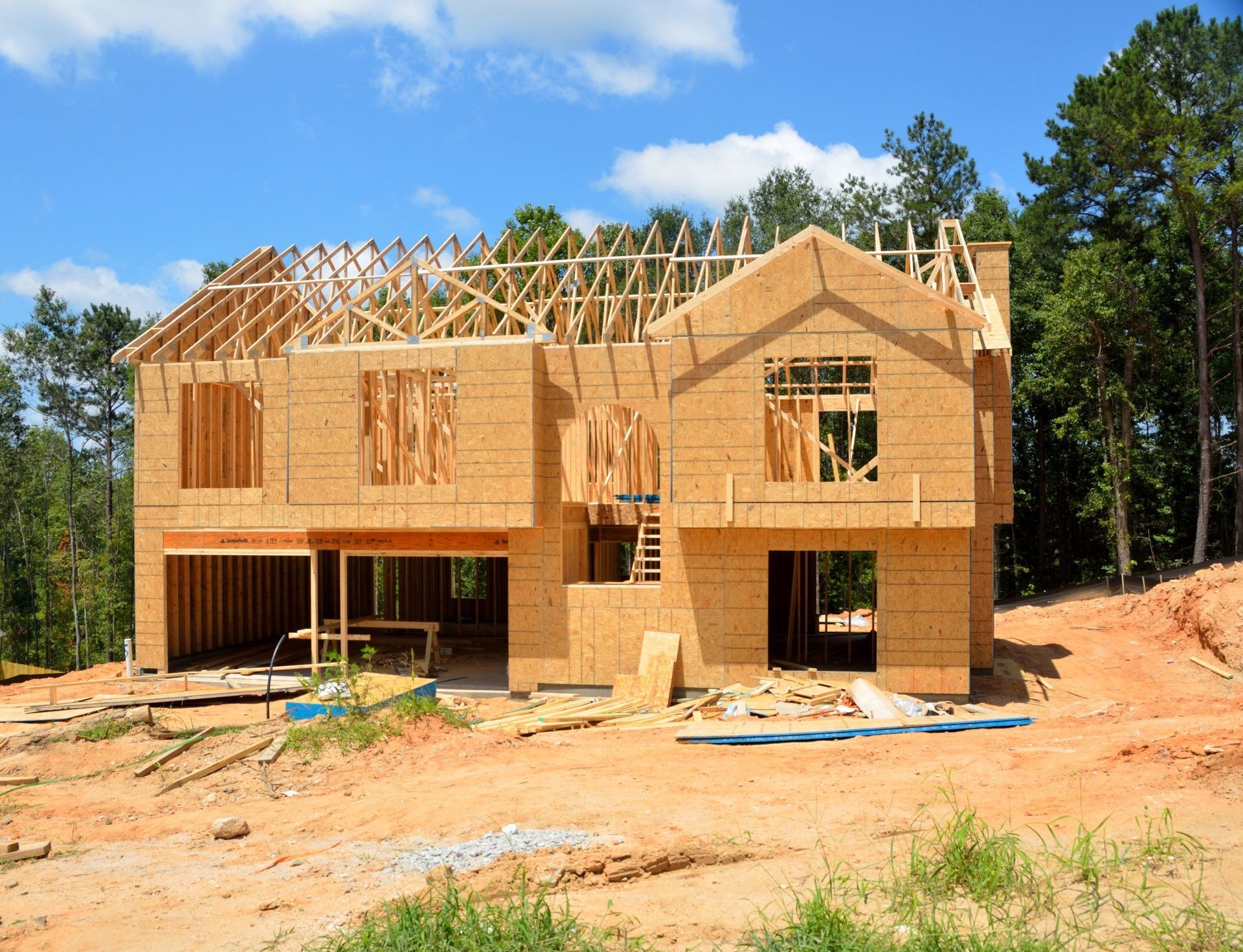Ross Nussle
August 18, 2025
Understanding Radon and Why It Matters
Radon is a naturally occurring radioactive gas that can seep into homes from the soil. It is colorless, odorless, and tasteless—making it impossible to detect without proper testing. Long-term exposure to high radon levels is the second leading cause of lung cancer in the United States, behind smoking.
Radon in the Dallas-Fort Worth Area
The DFW metroplex sits in an area of Texas where radon levels are generally considered lower compared to northern states. However, that doesn’t mean radon isn’t a risk. Radon levels can vary dramatically from house to house—even within the same neighborhood—depending on soil composition, foundation type, and ventilation.
Should You Test for Radon in DFW?
Even though Texas is not known as a high-radon state, the EPA and the Texas Department of State Health Services recommend that all homes be tested. Here’s why:
- Radon levels are unpredictable: You can’t know your risk without testing.
- Health risks are significant: Prolonged exposure increases lung cancer risk.
- Real estate transactions: More buyers are requesting radon testing during inspections for peace of mind.
How Radon Testing Works
Radon testing is quick and non-invasive. A testing device is placed in the home for a specified period (short-term or long-term). Results will show whether the radon levels exceed the EPA’s action level of 4.0 pCi/L. If high levels are detected, mitigation systems can be installed to reduce radon and keep the home safe.
Final Thoughts
While radon may not be as common a concern in the DFW metroplex as in other parts of the country, testing remains a smart precaution. It protects your family’s health, offers peace of mind, and can even be a valuable selling point in a competitive real estate market.
Bottom line: Radon testing in DFW is not only necessary—it’s a wise investment in your home and your health.

